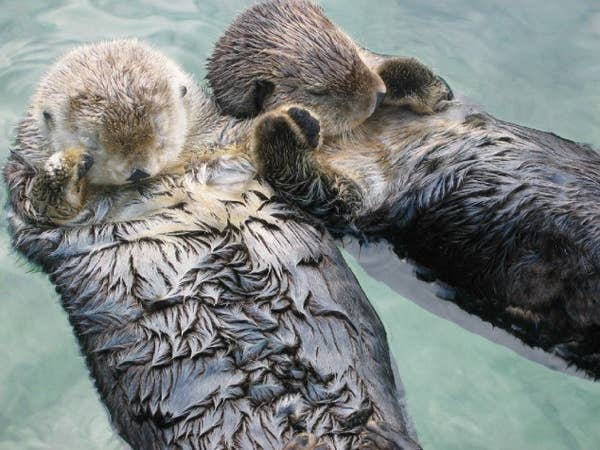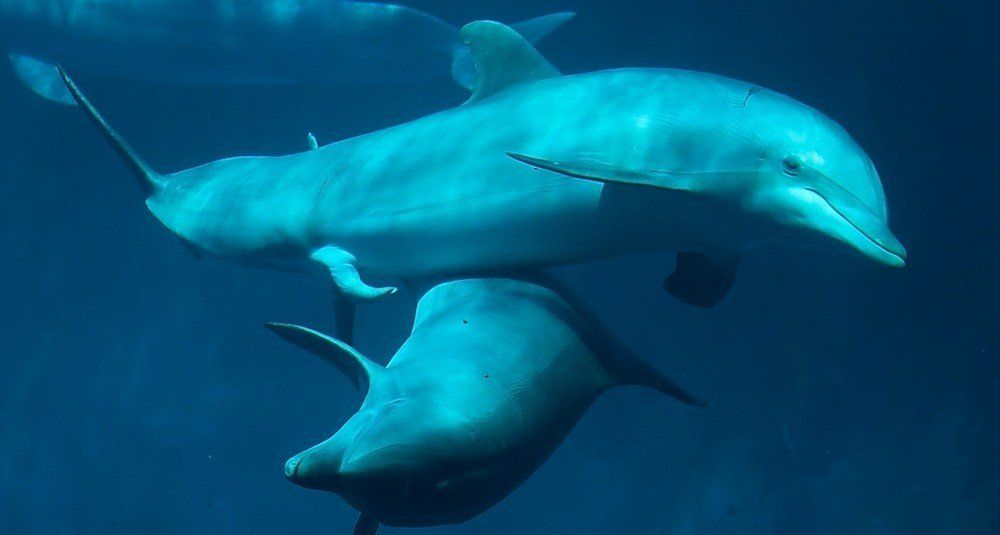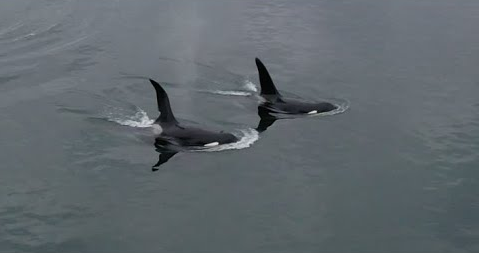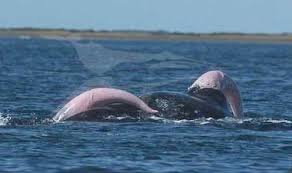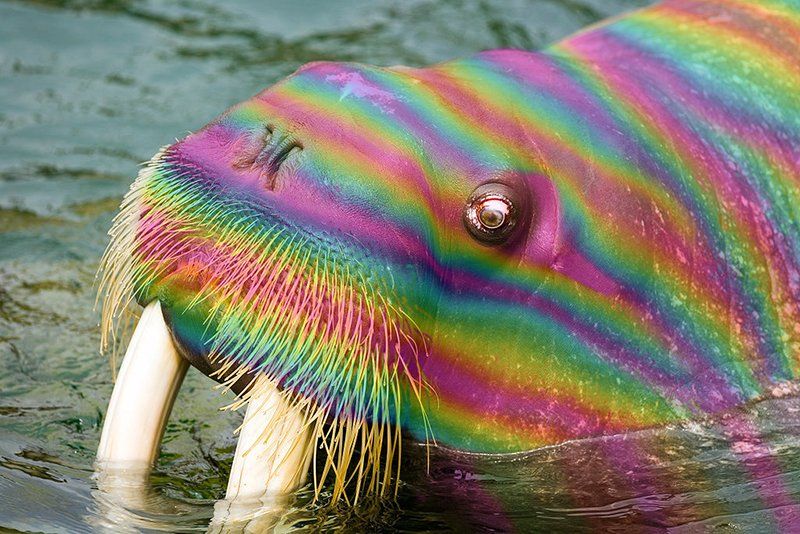Homosexuality is completely natural according to...well nature!
Did you know same-sex pairing is not just normal in the animal kingdom - it's even common. Studies suggest that about 1,500 animal species are known to practice same-sex coupling - from insects, to fish, birds and mammals.
Bruce Bagemihl a Canadian biologist, linguist, and author of the book Biological Exuberance: Animal Homosexuality and Natural Diversity, suggested if same sex sexual behaviour could be found in other animals, this would prove it was ’natural’ and not due the influence of society or upbringing. He then spent 9 years studying the natural animal kingdom looking for same sex sexual behaviour. What he found was that same-sex sexual behaviour was in-fact found through-out the animal kingdom.
Primates and dolphins exhibit comparable examples of all categories of non-conceptive sexual behaviours, including sexual interactions with those involving individuals of the same sex, and copulation during the non-conceptive periods. Although mammals of other taxa also perform non-conceptive sexual behaviours, the fact that there are so many reports of non-conceptive sexual interactions among higher primates and dolphins suggest a link between the non-reproductive use of sexual behaviours and high intelligence.
When it comes to marine wildlife, dolphins are already pretty "gay". So much so that Glee , that show you pretend you never watched, once called them “gay sharks.” Plus they do look like they are always happy. In the bottlenose dolphin ( Tursiops truncatus ) society, homosexual activity occurs with about the same frequency as heterosexual play. Both female and male bottlenose dolphins display homosexual behaviour. Male bottlenose dolphins are generally bisexual - but they do go through periods of being exclusively homosexual. They often form lifelong bonds with a same sex partner with whom they have an exclusive relationship, that they protect from predators, watch over when the other is resting and help when they are healing from wounds or illness. There is a lot of sexual activity though it may decline as the dolphins get older. Younger dolphins will live in all male groups in which same sex sexual activity is common, it is often from this group that the lifelong partner is found.
Killer whales ( Orcinus orca ) are also known to leave their matrilineal group to join "the boys" in a male group where homosexual frolicking is the norm. These whales have developed a very elegant form of sexual play that involves jumps, splashing and nuzzling/rubbing each other’s genital area with the mouth/beak whilst diving. Killer whales also display their erect penises during these sessions, showing off their bright pink long appendages. NOOOICE! These sessions can last from a few minutes to a few hours. All the interactions are reciprocal and seemingly all male orcas partake. Some seem to have favourite males with which they interact during this season every year whilst others interact with a wide variety of other males.
During the grey whales northward migration in the summer, they engage in same sex orgies. Yes you read that right... they form same sex groups, sometimes as big as 4 or 5 individuals and sexual displays usually involve jumping, splashing and genital rubbing. The whales like to roll around each other and then rub their bellies, most often one or more of the whales has an arching erect penis which is almost 2 meters in length (holy moly). Some female gay sexual activities have also been observed but with much less information documented.
Harbour seals have been observed to have same-sex games displayed by pair rolling whereby the two males roll around each other mounting and embracing each other whilst twisting and writhing in the water and maintaining full body contact. One or both of the males usually has an erection (nothing to write home about here), and the game of courtship usually ends with each male taking turns mounting the other.
This link between higher intelligence and non-reproductive sexual behaviour might be due to the greater role of learning in sexual behaviour and the greater the possibility for sex to be incorporated into a variety of non-conceptive functions. Non-conceptive sexual behaviours seem to reflect or be influenced by important social factors, including affiliative relations and alliance between individuals of the same or different sex, high social status of females, within-group or between-group tension resolution, mate selection, and infanticide prevention.
Animals may employ non-conceptive sexual behaviours to control various important aspects of their relationships with others which they cannot control with other social behaviours, which suggests that instances of non-conceptive sexual behaviours may serve as keys to understanding important aspects of the social relationships or social structure of the species.
References:
Furuichi T., Connor R., Hashimoto C. (2014) Non-conceptive Sexual Interactions in Monkeys, Apes, and Dolphins. In: Yamagiwa J., Karczmarski L. (eds) Primates and Cetaceans. Primatology Monographs. Springer, Tokyo.
SHARE THIS ARTICLE







